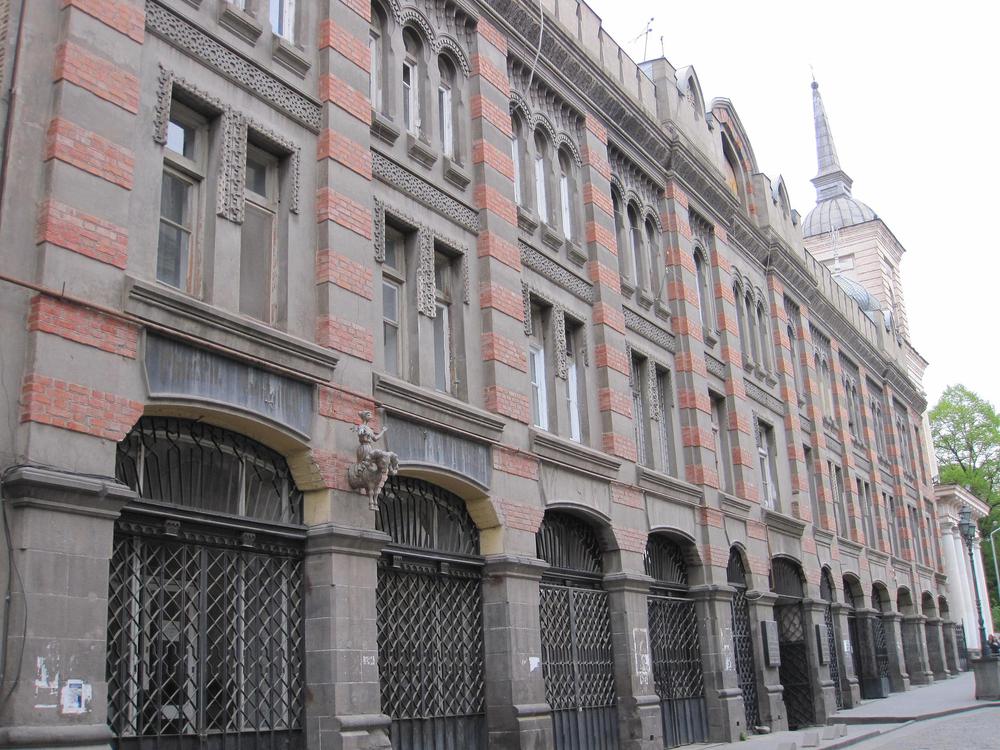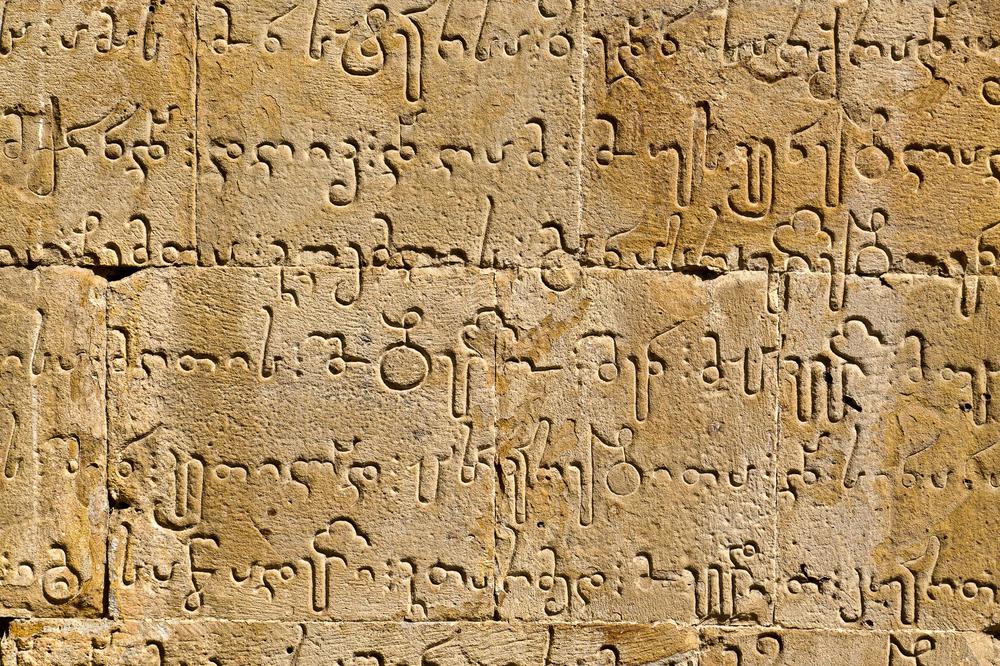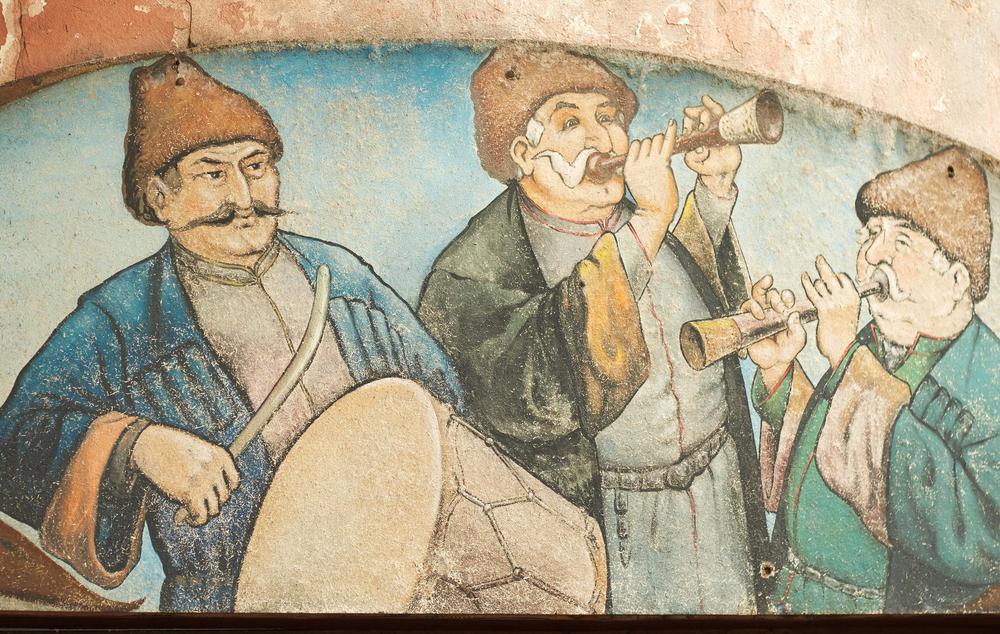Georgia, a country with a deep-rooted history, is home to a unique linguistic heritage that forms an integral part of its cultural identity. The Georgian language, standing as a distinctive feature of this heritage, reflects the country's rich past and its ongoing cultural evolution. This article delves into the linguistic landscape of Georgia, exploring the origins, development, and contemporary status of the Georgian language. Emphasizing its importance in the realms of culture and art, the piece aims to provide insights for those interested in linguistic studies, as well as travelers seeking a deeper understanding of Georgia's cultural fabric.
The Origins And Evolution Of The Georgian Language
The Georgian language, belonging to the South Caucasian or Kartvelian language family, boasts a history that traces back over a millennium. Its earliest written records date to the 5th century AD, making it one of the oldest living languages in Europe. Georgian's unique script, known as Mkhedruli, emerged in the 10th century and is distinguished by its 33 letters, each representing a specific sound, contributing to the language’s phonetic richness. The evolution of the language was influenced by various historical events, including Georgia’s interactions with neighboring cultures and empires, yet it retained its distinct character throughout these changes.
Linguistic Features Of Georgian
Georgian is known for its complex grammar and rich phonetic system. It is characterized by its agglutinative structure, where words are formed by the combination of morphemes, each carrying a specific meaning. This aspect contributes to the language's expressive power and flexibility. The language also possesses a vast array of consonants and a unique system of verb conjugation, making it a subject of interest among linguists worldwide.
Georgian Literature: A Reflection Of Linguistic Wealth
The literary tradition of Georgia is intimately tied to its language. Georgian literature, from the medieval epic "The Knight in the Panther's Skin" to contemporary works, showcases the linguistic versatility and depth of the language. These literary works not only reflect the historical and cultural journeys of the nation but also contribute significantly to the preservation and development of the language. The translation of these works into other languages has further elevated the global recognition of Georgia’s linguistic and cultural heritage.
Modern Georgian Language: Usage And Preservation
In contemporary Georgia, the language continues to be a vital component of national identity. It is the official language of the country and is spoken by the majority of its population. Efforts to preserve and promote the language are evident in the educational system, where Georgian is a mandatory subject. Additionally, the language's presence in media, literature, and everyday communication underscores its enduring relevance in Georgian society.
Georgian Language In Education And Academia
The role of the Georgian language in education is pivotal. It serves as the medium of instruction in schools and universities, fostering a strong linguistic foundation among the youth. Academic research in and about the Georgian language is also a significant field, with institutions like Tbilisi State University leading in linguistic studies. These academic endeavors not only contribute to the understanding of the language's structure and history but also ensure its scholarly preservation.
Travel And Tourism: Experiencing Georgian Language And Culture
For travelers, experiencing the Georgian language is an integral part of immersing in the country's culture. Language tours, which offer linguistic and cultural insights, have become increasingly popular. Tourists can engage in language classes, cultural workshops, and guided tours that provide a deeper understanding of the linguistic heritage. This interaction not only enriches the travel experience but also fosters a greater appreciation of Georgia's unique cultural landscape.
Conclusion: The Significance Of Georgian Linguistic Heritage
The Georgian language is not just a means of communication; it is a living testament to the country's history, culture, and artistic expression. Its preservation and continued use in various spheres of Georgian life reflect the nation's commitment to its linguistic heritage. For scholars, linguists, and travelers alike, the Georgian language offers a fascinating window into the soul of this vibrant country.

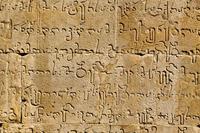 The Language of Georgia
The Language of Georgia
 Philosophical Schools in Georgia
Philosophical Schools in Georgia
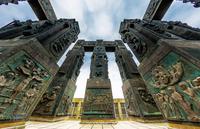 Historical Scholarship in Georgia
Historical Scholarship in Georgia


